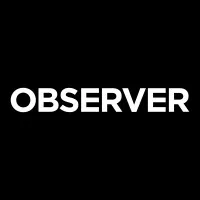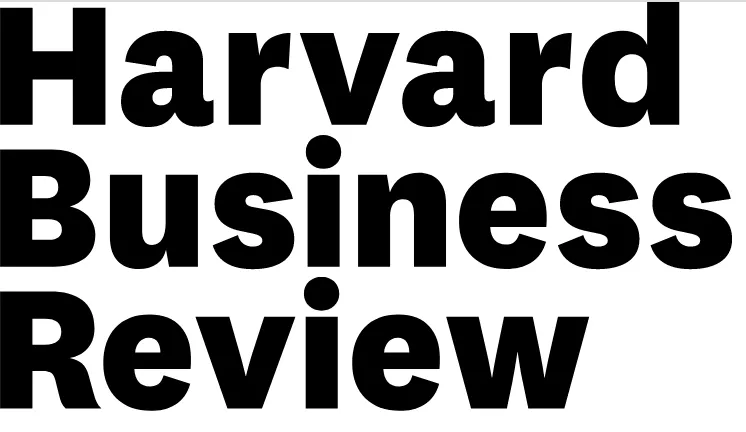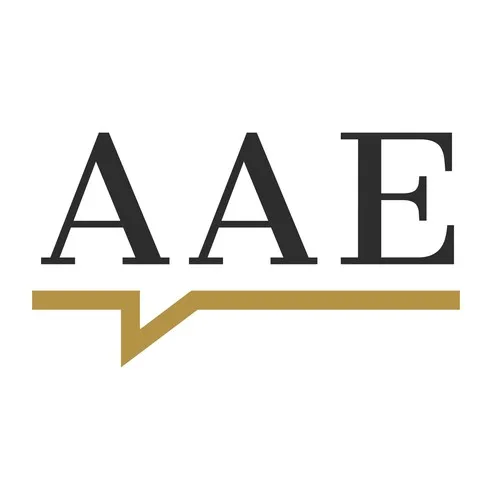Fortunately, small businesses that don’t have the budget or workload for a full-time HR executive have options when it comes to procuring support for their HR needs, whether it’s bringing in a consultant or a fractional HR leader.
As we explore the differences between those options, I encourage you to take into account what is most important for your organization. Though there are similarities in the two types of HR support, the differences are based on the desired outcome.
What Does it Mean to Bring in a Fractional HR Leader?
Fractional HR is the practice of bringing in HR support on a part-time basis. Fractional HR leaders provide strategic guidance, expertise, and solutions on an ongoing, long-term basis, such as a yearlong contract. This model has gained popularity as organizations recognize the need for specialized HR support and flexibility. Learn more about the rise of fractional HR here.
Fractional HR leaders are often embedded within a company to provide continuous support and guidance. Being an integral part of the leadership team means that a fractional leader builds relationships and gains a deep understanding of what the organization needs. This approach enables direct ownership of initiatives and provides transparency to the rest of the company.
Because a fractional HR leader is a part of the company and operates similarly to full-time employees, they have a better perspective on the company’s culture and are better equipped to help impart lasting change.
Learn more about the other benefits, including cost savings, that utilizing a fractional HR model can provide here.
What Does it Mean to Bring in an HR Consultant?
An HR consultant is a professional engaged on a project or case-by-case basis who also provides strategic guidance, expertise, and solutions in various aspects of HR. They are typically brought in to address specific challenges, offer process improvements, or provide insights into strategic HR initiatives.
A consultant might be the right solution when a company needs a subject matter expert focused on an initiative but doesn’t require the person to be embedded within the organization or to actively manage people and demonstrate leadership.
Some consultants internalize a company’s processes, which may have drawbacks. For example, you may hire an HR consultant to support onboarding and find that you don’t have direct insight into where they store important employee documents. This lack of transparency can pose challenges, particularly for scaling organizations, where clear communication and understanding of key processes are crucial for cohesive and sustainable growth.










